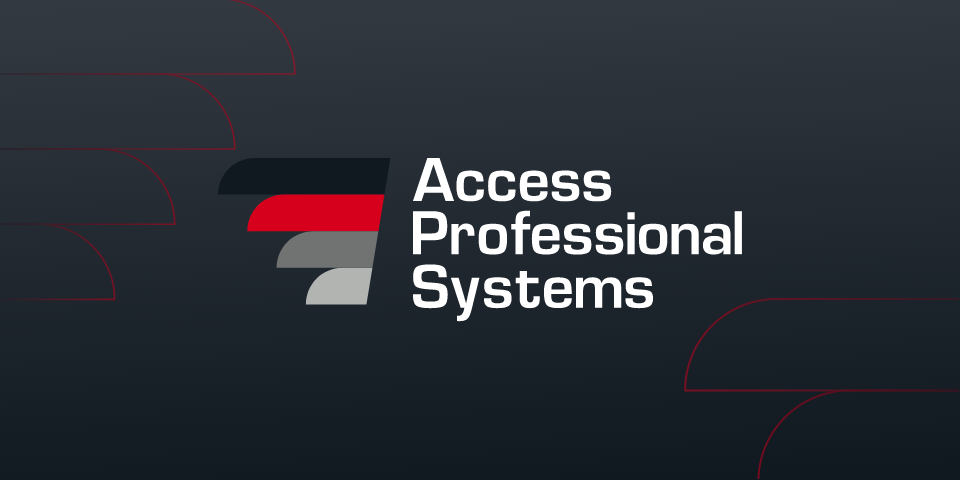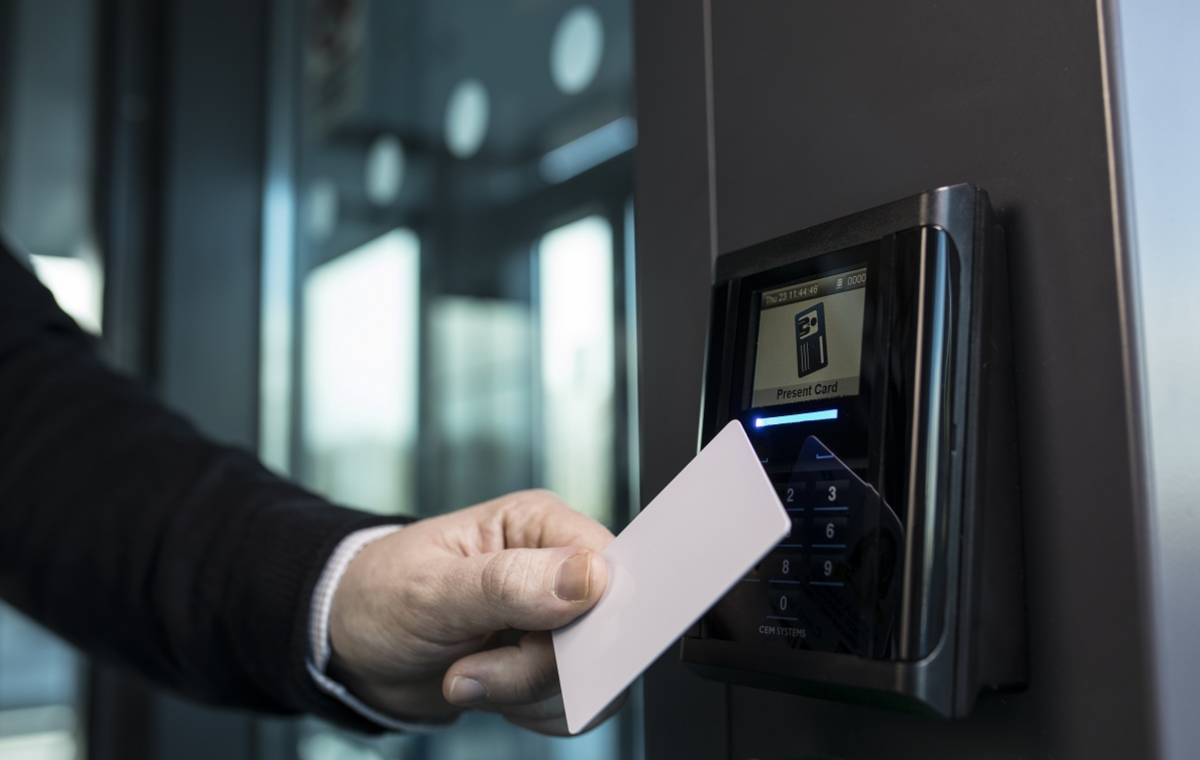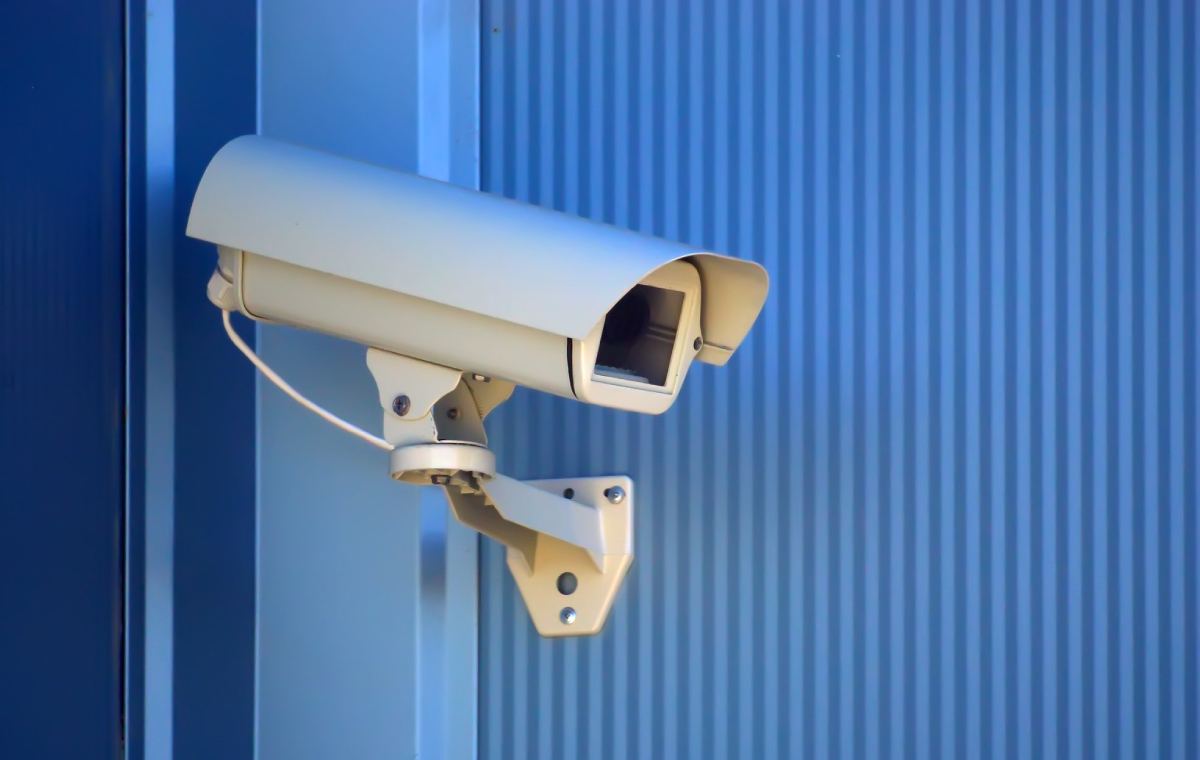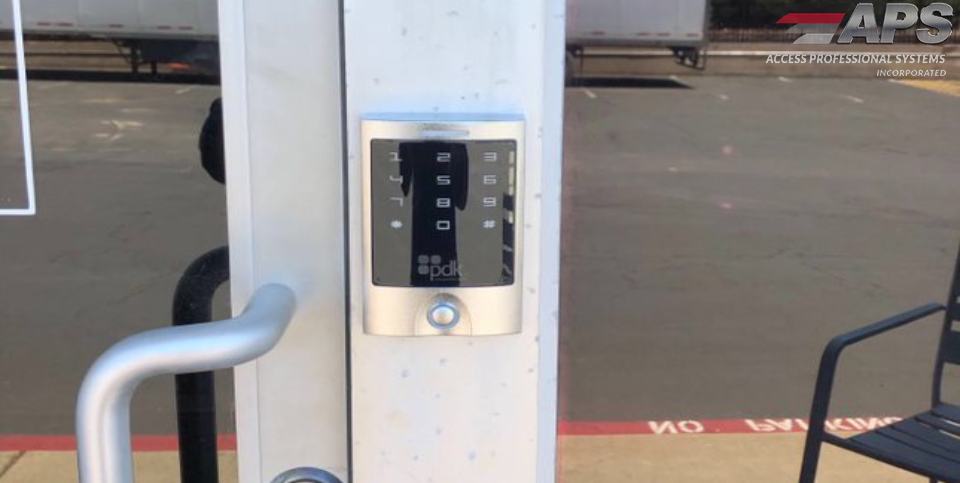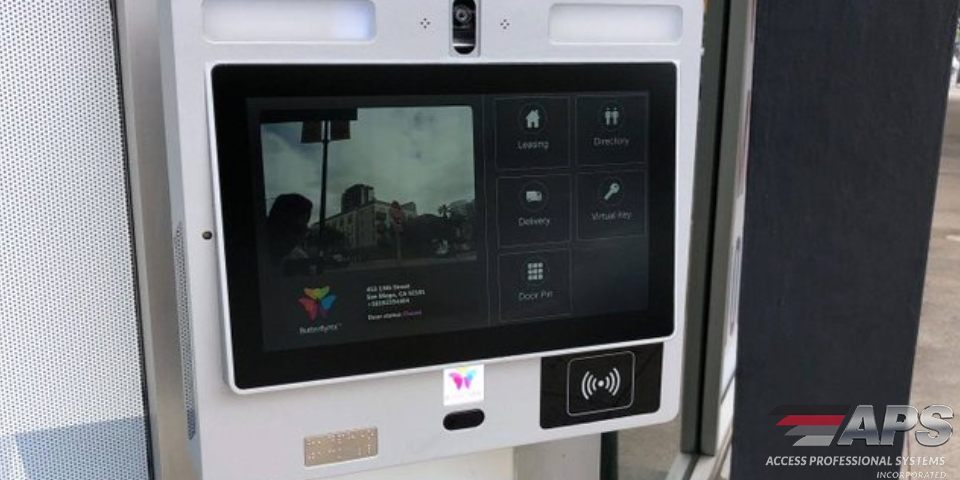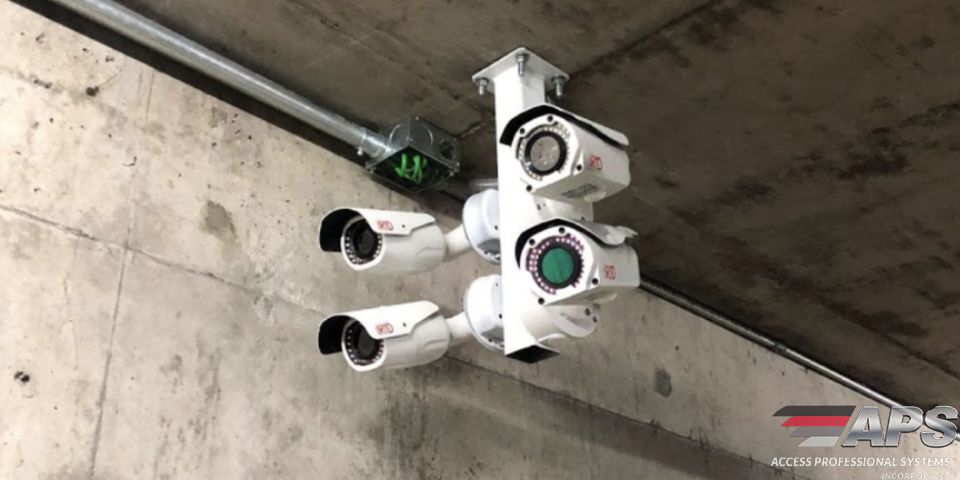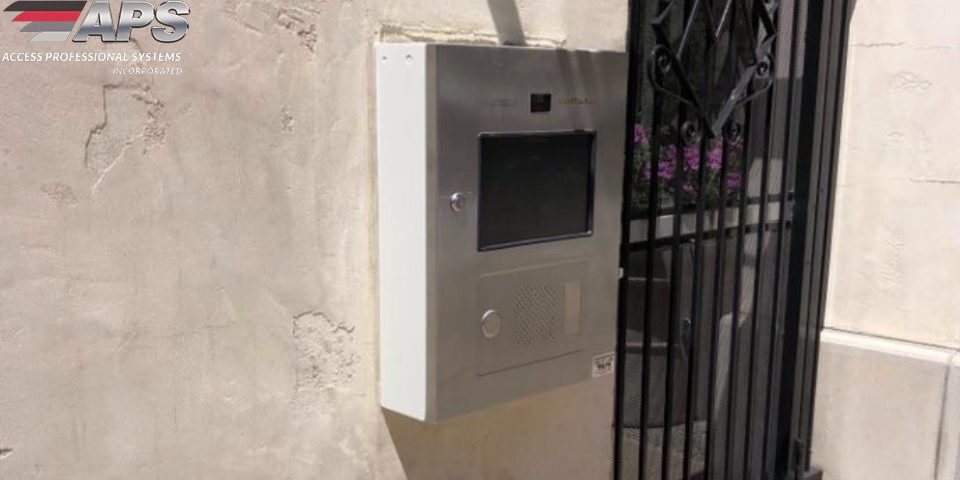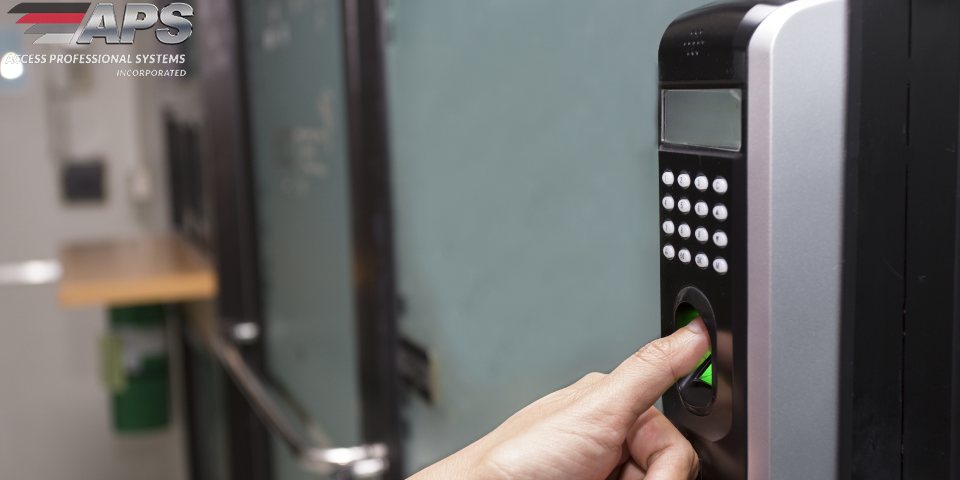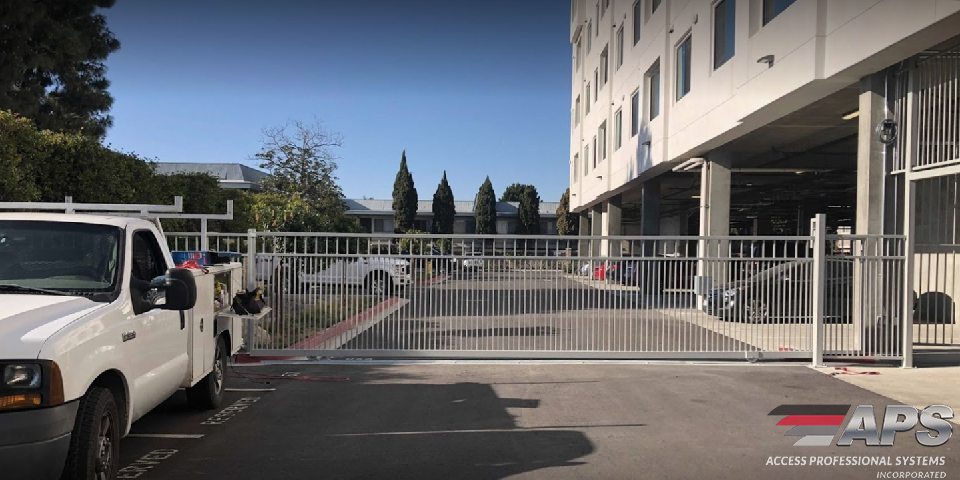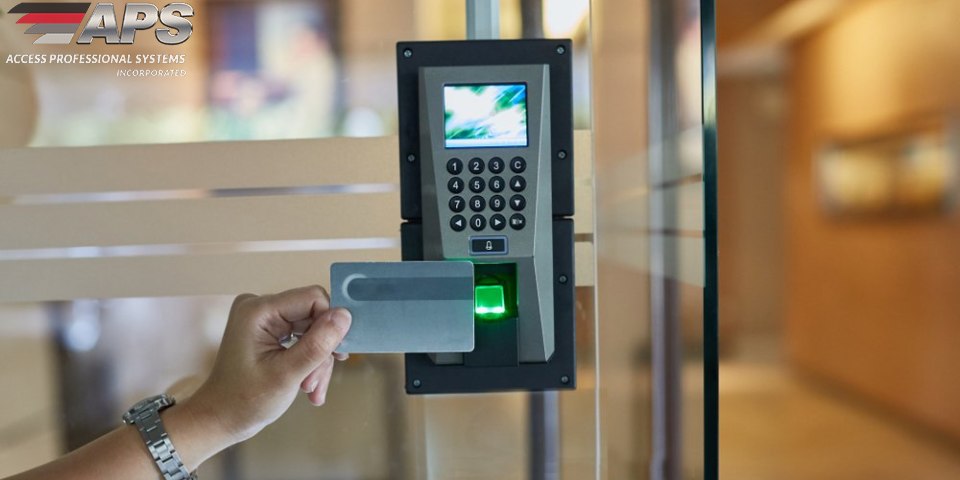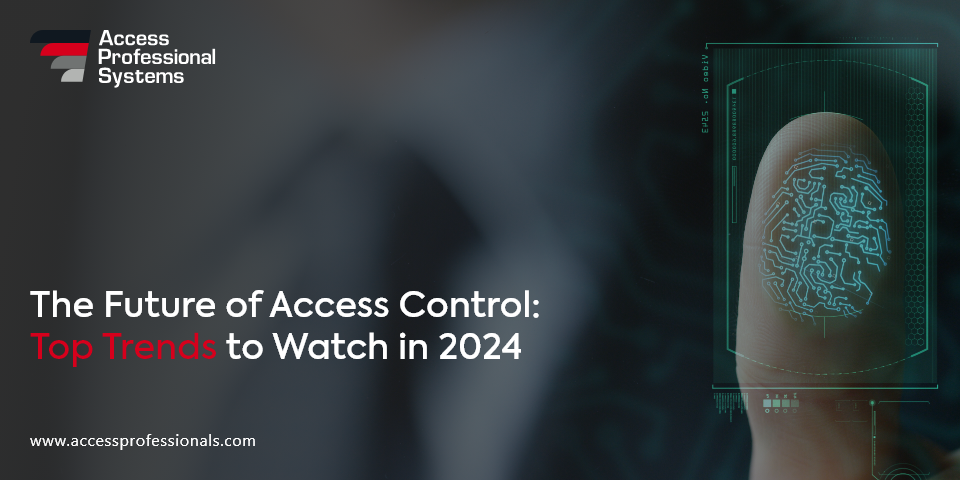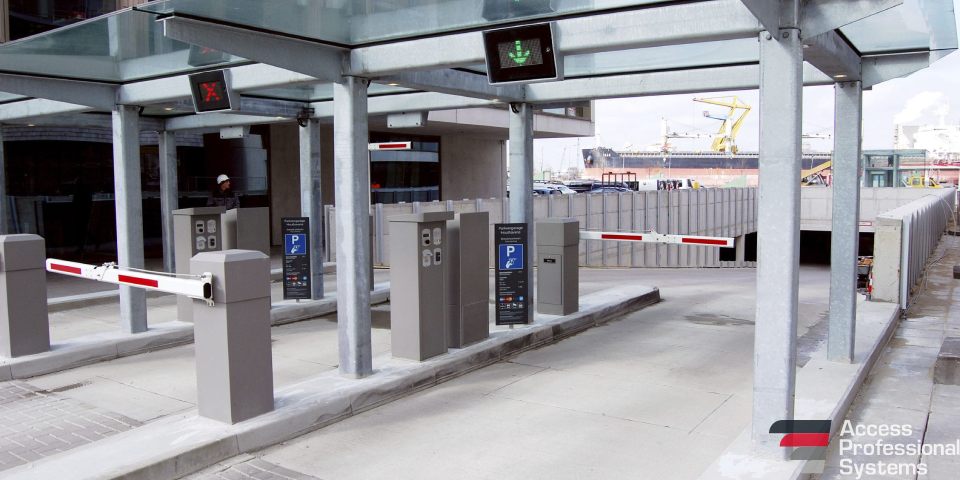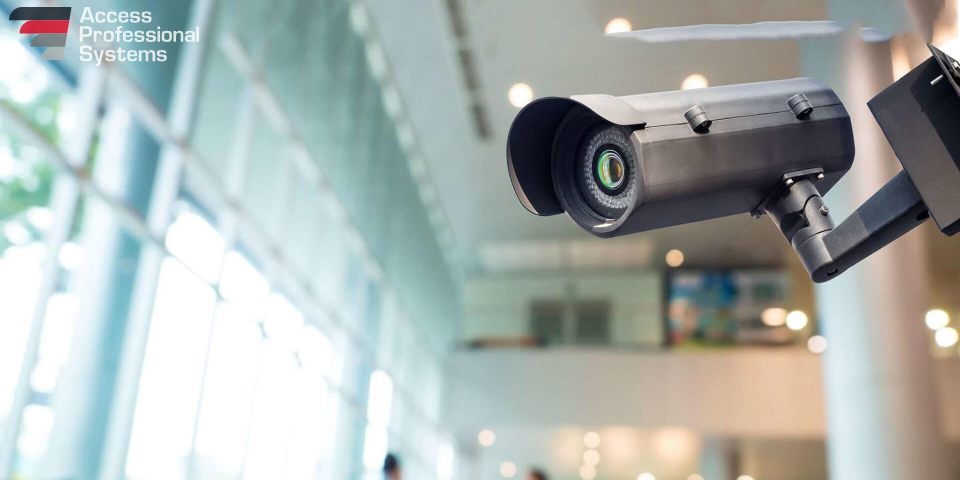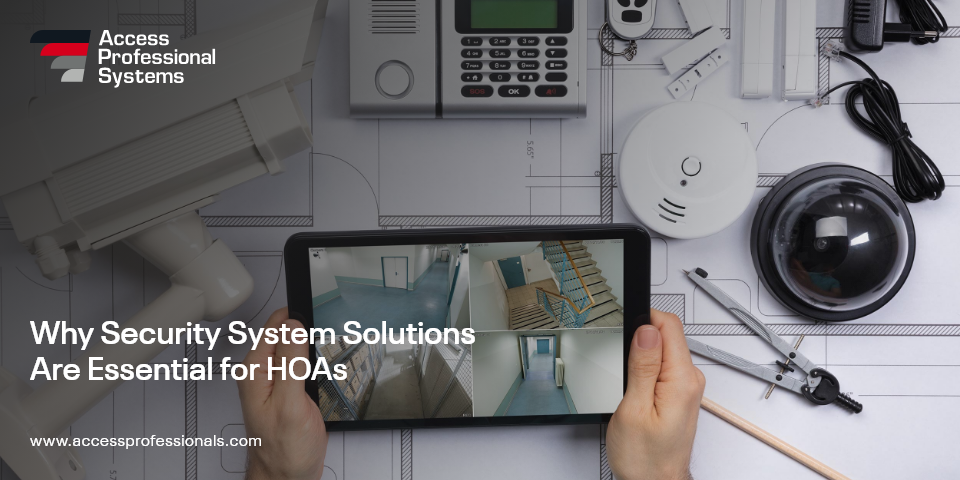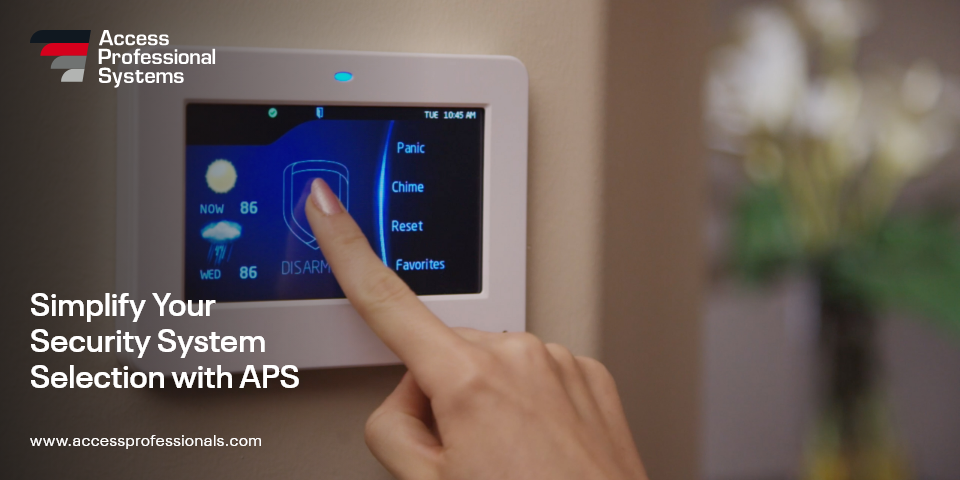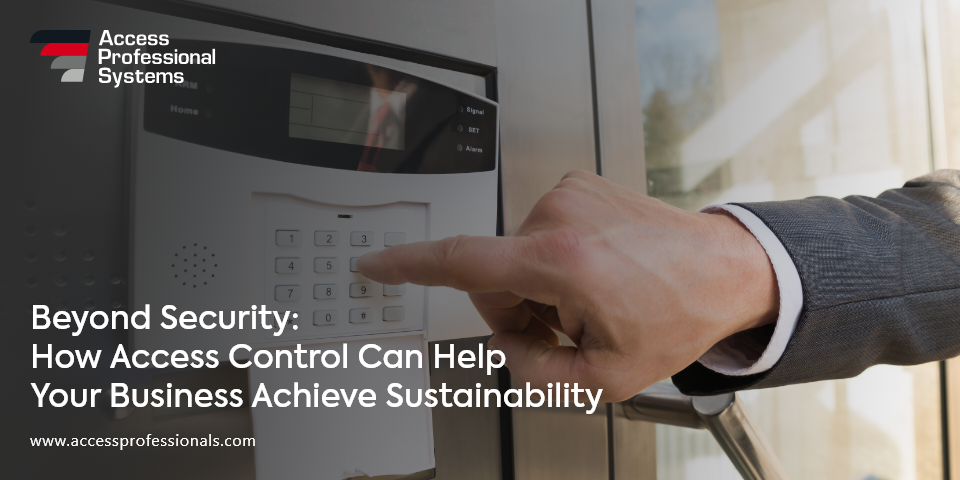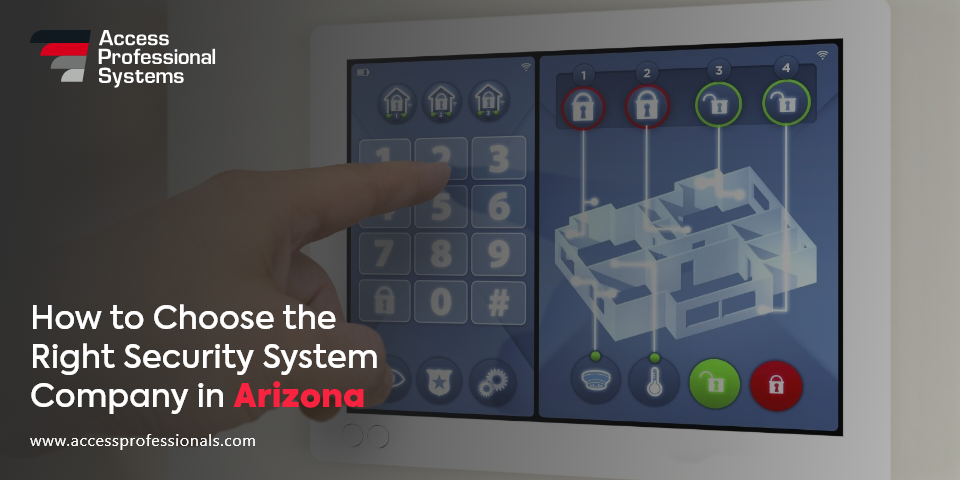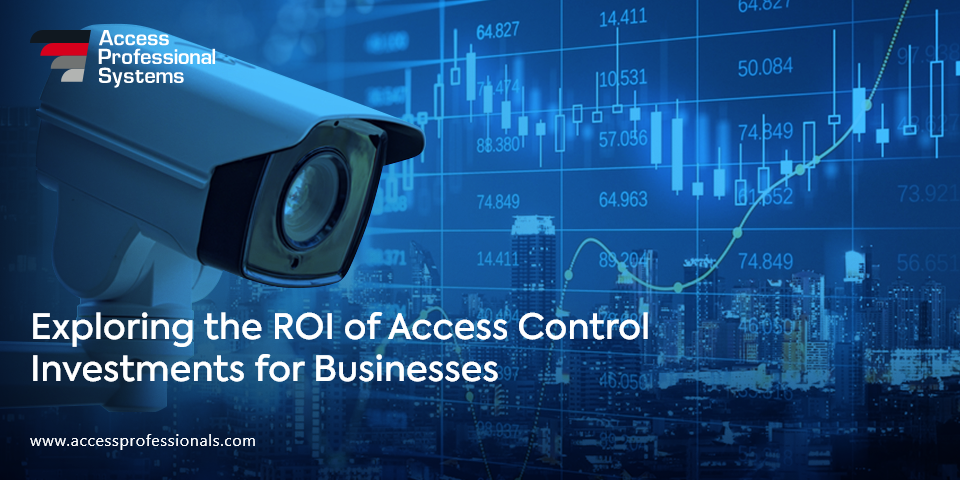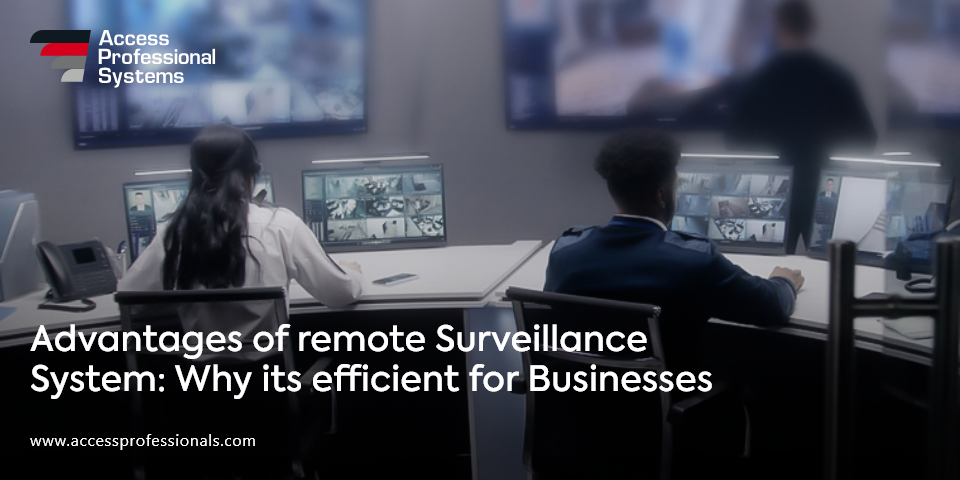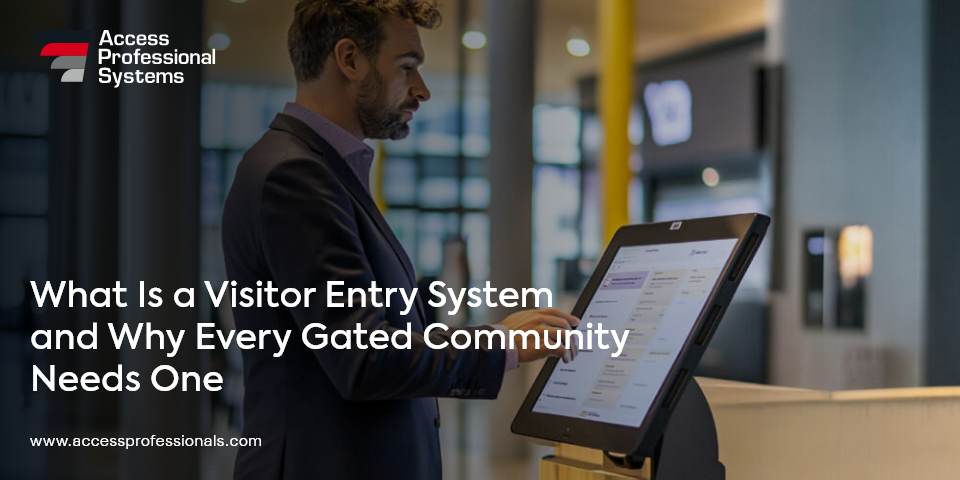
The Role of Access Control Systems in Complying with Data Privacy Regulations
Before the rise of digital threats and stringent data privacy regulations, businesses faced relatively fewer challenges in safeguarding sensitive information. However, in today’s landscape, where data breaches and privacy concerns are rampant, businesses must adopt proactive measures to protect their data and comply with regulatory requirements. Access control systems offer a crucial solution to these challenges by controlling access to confidential data and ensuring compliance with data privacy regulations.
Let’s delve into how these systems, including door access control systems, are provided by access control companies like Access Professional Systems and Paxton, and how they play a pivotal role in ensuring compliance with data privacy regulations through access control installation and the implementation of commercial and building access control systems.
Understanding Access Control Systems
Access control systems serve as the gatekeepers of data, regulating who has access to sensitive information and when. These systems encompass a variety of technologies, from traditional door access control systems to sophisticated biometric scanners. By effectively managing access permissions, businesses can maintain the integrity and confidentiality of their data.
- Definition and Functionality: Access control systems, including door access control systems, card-based systems, biometric systems, and keypad systems, are designed to restrict access to authorized individuals only, thereby preventing unauthorized entry or data breaches.
- Types of Access Control Systems: There are various types of access control systems available, including commercial access control systems, apartment access control systems, and building access control systems, each offering unique features and levels of security.
- Key Components and Features: Access control systems typically consist of access control panels, card readers, electronic locks, and software interfaces, all working together to manage and monitor access to restricted areas.
Access control systems provide businesses with the means to enforce strict access policies, ensuring that only authorized personnel can access sensitive data. By implementing these systems, organizations can significantly reduce the risk of data breaches and unauthorized access. They are essential for maintaining data security in today’s digital landscape.
Data Privacy Regulations:
In response to growing concerns over data privacy and security, governments around the world have introduced stringent regulations to protect consumers’ personal information. These regulations impose strict requirements on businesses regarding the collection, storage, and use of personal data.
- Importance of Data Privacy: Data privacy is essential for maintaining consumer trust and confidence. It ensures that individuals’ personal information is handled responsibly and ethically by businesses.
- Common Data Privacy Regulations: Regulations such as the General Data Protection Regulation (GDPR) in Europe and the California Consumer Privacy Act (CCPA) in the United States set forth guidelines for businesses to follow when handling personal data.
- Compliance Requirements and Penalties: Non-compliance with data privacy regulations can result in severe penalties, including hefty fines and damage to reputation. Therefore, businesses must take proactive measures to ensure compliance with these regulations.
Data privacy regulations place a significant emphasis on protecting individuals’ personal information and holding businesses accountable for how they handle data. Access control systems play a crucial role in helping businesses meet these regulatory requirements by controlling access to sensitive data and maintaining a secure environment. These systems, including door access control systems, are instrumental in ensuring that only authorized individuals have access to personal data, thus minimizing the risk of data breaches and ensuring compliance with data privacy regulations.
The Role of Access Control Systems in Ensuring Data Privacy Compliance
Access control systems act as the first line of defense against unauthorized access to sensitive data. By implementing robust access control measures, businesses can effectively protect against data breaches and ensure compliance with data privacy regulations.
- Controlling Access to Sensitive Data: Access control systems enable businesses to restrict access to confidential information based on user roles and permissions, ensuring that only authorized individuals can view or modify data.
- Limiting User Permissions and Privileges: Businesses can customize access permissions for each user, granting them access only to the information and resources necessary for their role.
- Monitoring and Auditing Access Activities: Access control systems allow businesses to monitor user activity in real-time and generate audit trails, providing visibility into who accessed what data and when.
Access control systems provide businesses with the tools they need to enforce strict access policies and maintain compliance with data privacy regulations. By implementing these systems, organizations can demonstrate their commitment to protecting customer data and mitigating the risk of data breaches.
Benefits of Implementing Access Control Systems for Data Privacy Compliance
Implementing access control systems offers several benefits for businesses seeking to enhance data privacy compliance and security measures.
- Enhanced Security Measures: Access control systems provide an additional layer of security, preventing unauthorized access to sensitive areas and data.
- Minimized Risk of Data Breaches: By controlling access to confidential information, businesses can minimize the risk of data breaches and unauthorized access.
- Improved Compliance with Regulations: Access control systems help businesses meet regulatory requirements by enforcing strict access policies and maintaining detailed audit trails.
Implementing access control systems not only enhances data privacy compliance but also strengthens overall security measures, protecting businesses and their customers from potential data breaches and security threats.
Challenges and Considerations
While access control systems offer numerous benefits for data privacy compliance, businesses must also consider certain challenges and factors when implementing these systems.
- Integration with Existing Systems: Integrating access control systems with existing IT infrastructure and security systems can be complex and may require careful planning and coordination.
- User Training and Adoption: Ensuring that employees understand how to use access control systems effectively is essential for maximizing their benefits and ensuring compliance.
- Scalability and Flexibility: Businesses must choose access control systems that can scale with their needs and adapt to evolving security requirements over time.
Addressing these challenges and considerations is crucial for ensuring the successful implementation and long-term effectiveness of access control systems in achieving data privacy compliance.
Impact on Data Privacy Compliance
The implementation of access control systems can significantly impact data privacy compliance for businesses across various industries. These systems offer enhanced security measures, providing robust protection for sensitive data and ensuring compliance with data privacy regulations. By automating access management and monitoring, access control systems streamline compliance processes, enabling businesses to maintain detailed records of access activities.
Moreover, these systems increase accountability by holding users responsible for their actions through audit trails and access logs. Overall, access control systems are essential tools in helping businesses achieve and maintain compliance with data privacy regulations, safeguarding sensitive information and protecting the privacy rights of customers and employees.
Future Trends and Developments
Looking ahead, several trends and developments are shaping the future of access control systems and their role in data privacy compliance.
- Advancements in Access Control Technology: Continued advancements in access control technology, such as biometrics and artificial intelligence, are expected to further enhance the security and effectiveness of access control systems.
- Evolving Data Privacy Regulations: As data privacy regulations continue to evolve and expand globally, businesses must stay abreast of regulatory changes and adapt their access control measures accordingly.
- Integration with Emerging Technologies: Access control systems are increasingly being integrated with emerging technologies, such as cloud computing and the Internet of Things (IoT), to provide more comprehensive and seamless security solutions.
By staying ahead of these trends and developments, businesses can ensure that their access control systems remain effective and compliant with evolving data privacy regulations.
Conclusion
In conclusion, access control systems play a vital role in ensuring compliance with data privacy regulations and protecting sensitive information from unauthorized access and data breaches. By controlling access to sensitive data, monitoring user activity, and enforcing strict access policies, businesses can enhance their data privacy compliance efforts and mitigate the risk of security incidents.
As data privacy regulations continue to evolve and cybersecurity threats evolve, access control systems will remain essential tools for safeguarding data privacy and maintaining the trust of customers and stakeholders. It is imperative for businesses to prioritize the implementation and maintenance of robust access control systems to effectively protect their data and comply with regulatory requirements.
Protect your business and customer data with robust access control systems. Contact Access Professional Systems today to learn more about our comprehensive access control solutions.
We look forward to hearing from you!
Share:
